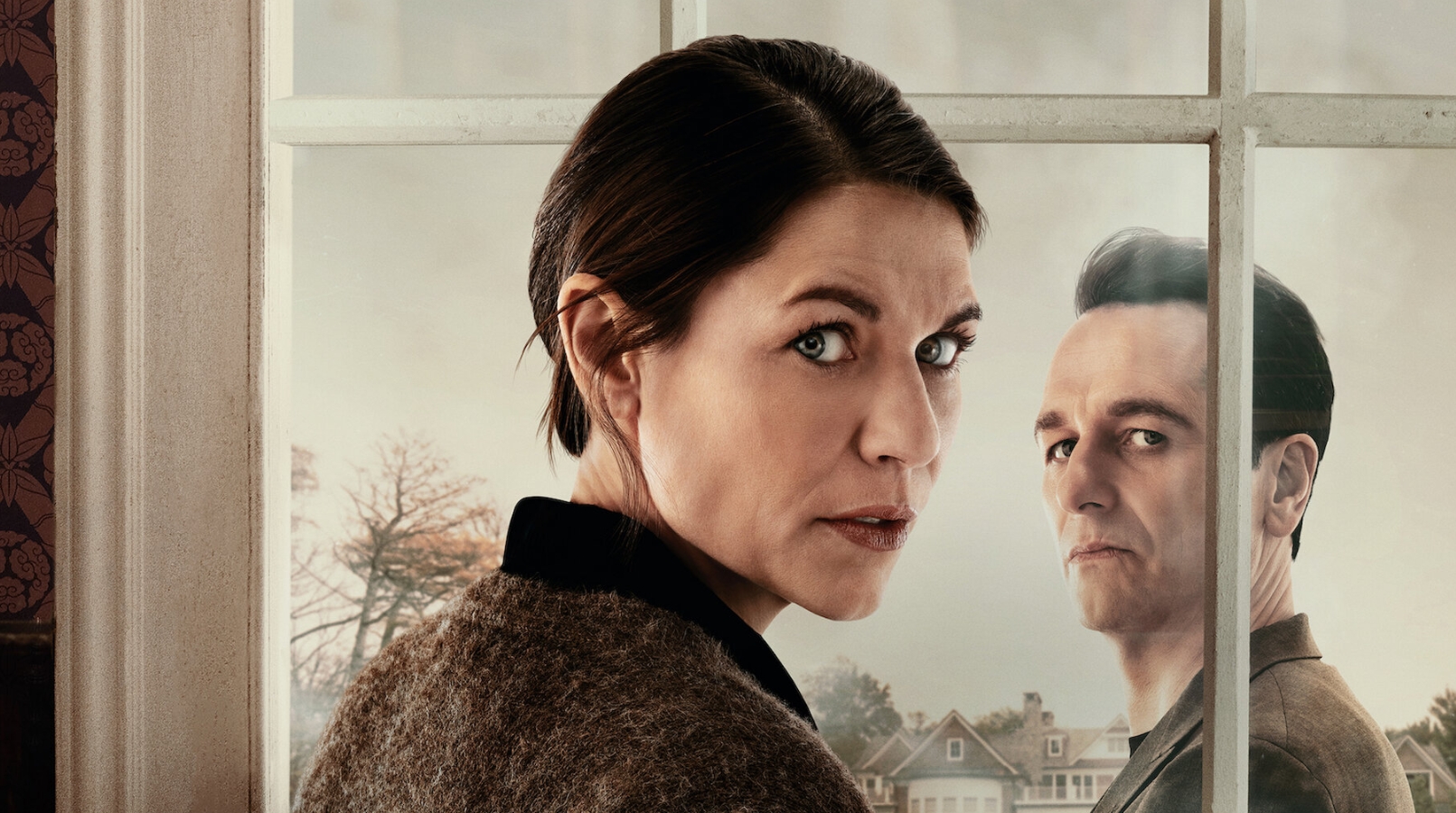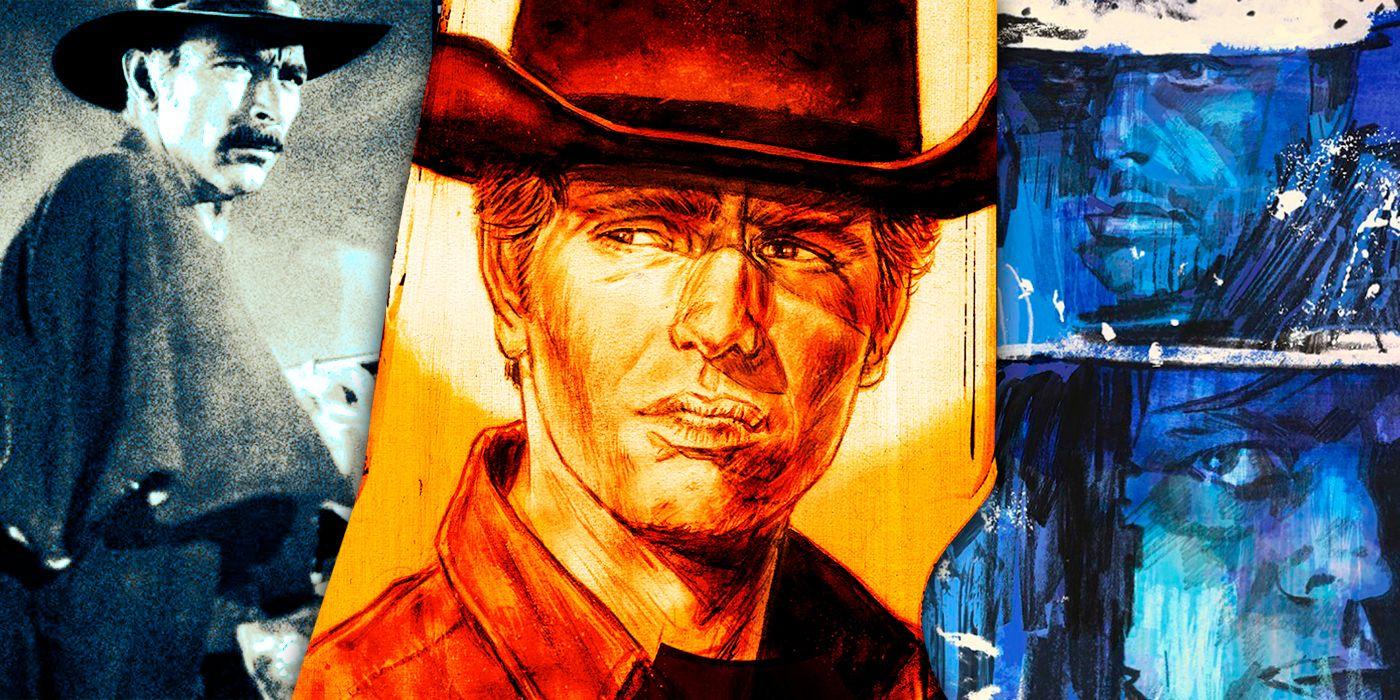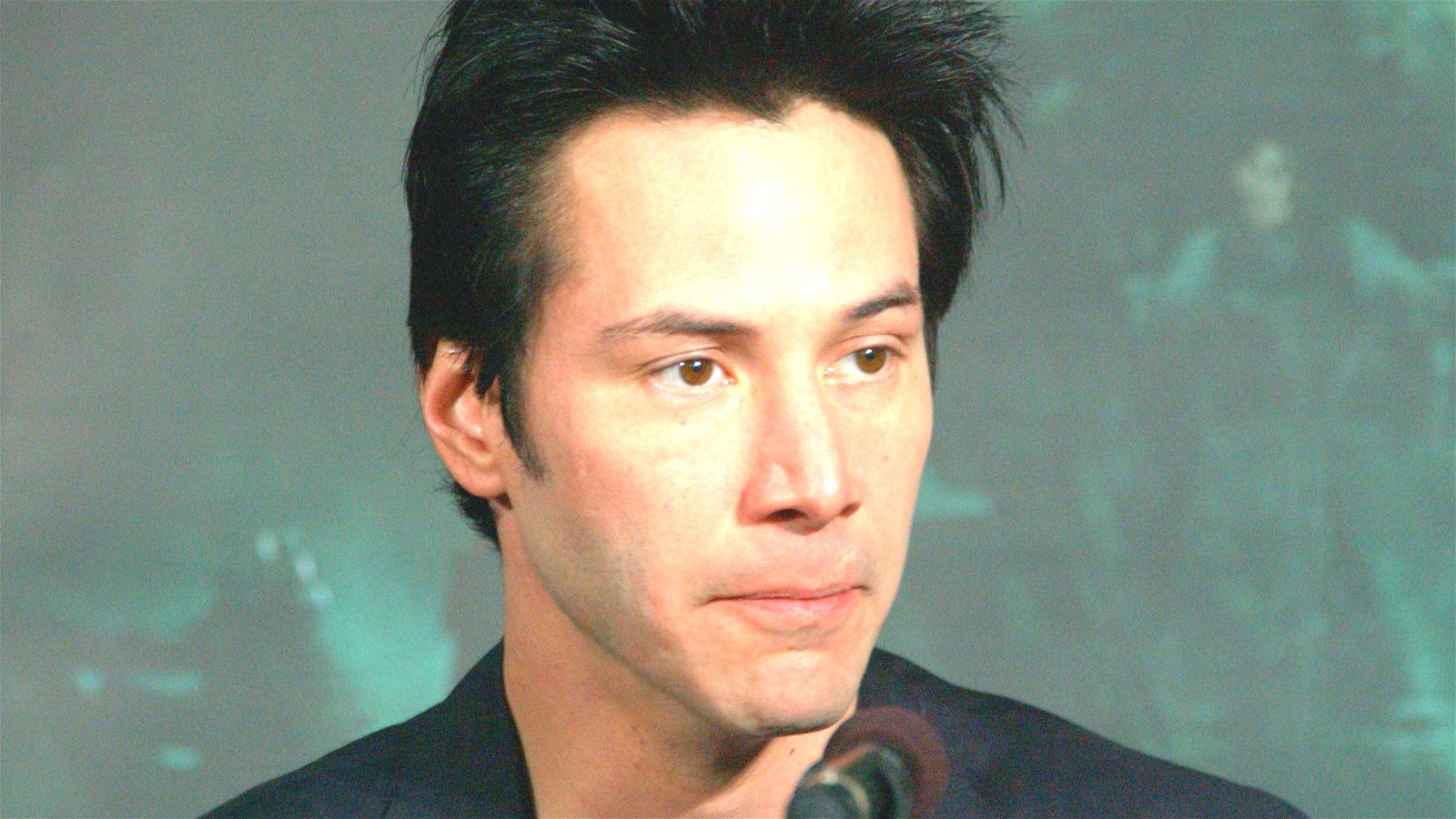In an impactful announcement that echoes the current socio-political environment, Jane Fonda has reinvigorated the Committee for the First Amendment, an organization of substantial historical relevance. This renewed effort aims to connect historical events to current times, acknowledging that the struggle for freedom of speech and artistic expression continues to be an essential cause. Fonda’s choice to revive the committee occurs amid the United States facing escalating debates about censorship, political expression, and media’s influence on democracy.
Reflecting on a significant historical event
The Committee for the First Amendment was initially formed in the 1940s to fight against the pressures of McCarthyism, when artists, writers, and intellectuals were unfairly targeted for their political beliefs. The original committee played a pivotal role in defending the rights of individuals who were accused of being communists or sympathizers, often with little to no evidence to substantiate such claims. By organizing protests and rallies, the committee sought to protect the freedom of speech guaranteed by the First Amendment of the U.S. Constitution, standing against a wave of government-led censorship that threatened the integrity of free expression.
Today, Fonda’s re-launch of the Committee for the First Amendment highlights the enduring importance of safeguarding civil liberties. As we look back at the era of McCarthyism, Fonda acknowledges the lessons learned from that time and emphasizes how the freedom of expression is still under threat in various forms. “The stakes are too high,” she asserts, calling attention to the modern challenges that echo the struggles of the past. Her renewed commitment to this cause reflects a recognition that we are at a pivotal moment, where artists and activists must once again stand up against pressures that seek to curtail open dialogue and dissent.
Free speech under siege in modern America
The contemporary landscape has seen a shift in how free speech is both defended and threatened. Unlike the overt governmental censorship of McCarthy’s era, today’s challenges are more complex, often rooted in political polarization, corporate influence, and the digital age’s new forms of control. Social media platforms, for instance, have become battlegrounds where accusations of “cancel culture” and “fake news” blur the lines of legitimate discourse. This environment has raised difficult questions about the limits of free speech and how to protect it in a world that increasingly depends on online interactions.
Fonda’s efforts to resurrect the Committee for the First Amendment are not just about nostalgia for a bygone era but also about confronting modern-day threats to free speech. She believes that while the tools of censorship have evolved, the fundamental battle for the freedom to express oneself remains just as urgent. From the rise of political correctness to the increasing regulation of speech online, the dangers of suppressing opposing viewpoints have never been more apparent.
As discussions about the limits of free speech persist nationwide, Fonda’s group highlights the strength of united efforts in safeguarding essential liberties. According to her, the focus isn’t solely on shielding the expressions of artists and thinkers, but on guaranteeing that all American citizens can openly share their perspectives without worry of backlash or censorship. “The consequences are too severe,” she emphasizes, underscoring that remaining quiet in the face of tyranny is no longer viable.
The role of celebrities in advocating for free speech
In a world where celebrities wield significant influence over public discourse, Fonda’s decision to lead the charge in revitalizing the Committee for the First Amendment raises important questions about the responsibility of public figures in championing civil liberties. Over the decades, many artists and entertainers have used their platform to advocate for social and political change, often at great personal and professional risk. Fonda herself has been no stranger to this, having faced criticism and backlash for her outspoken views throughout her career.
By reactivating the committee, Fonda aligns herself with a long tradition of actors, writers, and musicians who have sought to protect freedom of expression. But the role of celebrities in defending free speech is often met with skepticism, particularly in an era when the lines between personal branding and social activism can be blurry. Critics may question whether celebrities truly understand the struggles of everyday citizens or if their advocacy is merely a form of self-promotion. Yet, Fonda’s commitment to the cause—rooted in her experience as an activist and her deep understanding of American history—speaks to the genuine urgency of this mission.
Within a society frequently divided by political polarization, where differing opinions are often suppressed, well-known personalities have the ability to bring attention to issues that might be overlooked. Their prominence can inspire public backing, prompt action, and eventually change the dialogue. By revitalizing the Committee for the First Amendment, Fonda not only accepts her own duty but also encourages other prominent individuals to advocate for the protection of free speech and democratic values.
An invitation to action for upcoming generations
As Fonda continues to champion the cause of free expression, she encourages younger generations to become involved in the fight for civil liberties. “It’s not enough to sit on the sidelines,” she urges, stressing the need for active participation in defending the values that make America a free society. For Fonda, the reactivation of the committee is not just a symbolic gesture but a call to action for future leaders to rise to the occasion.
The ongoing efforts of the Committee for the First Amendment, in its latest form, will address various topics, including opposing media censorship and backing grassroots initiatives to defend civil rights. Fonda’s leadership highlights that the battle for freedom of expression is not restricted to a single time period, but rather is a continuous effort that demands alertness, activism, and steadfast dedication. As she envisions the times ahead, Fonda is resolute in her mission to guarantee that the voices of those who pursue truth, justice, and equality are never quieted again.
Fonda’s revival of the Committee for the First Amendment highlights an essential aspect: safeguarding free expression goes beyond politics and represents an ethical obligation. The significance of this is substantial, and as long as individuals continue to speak against unfairness and tyranny, the pursuit of liberty will persist.





